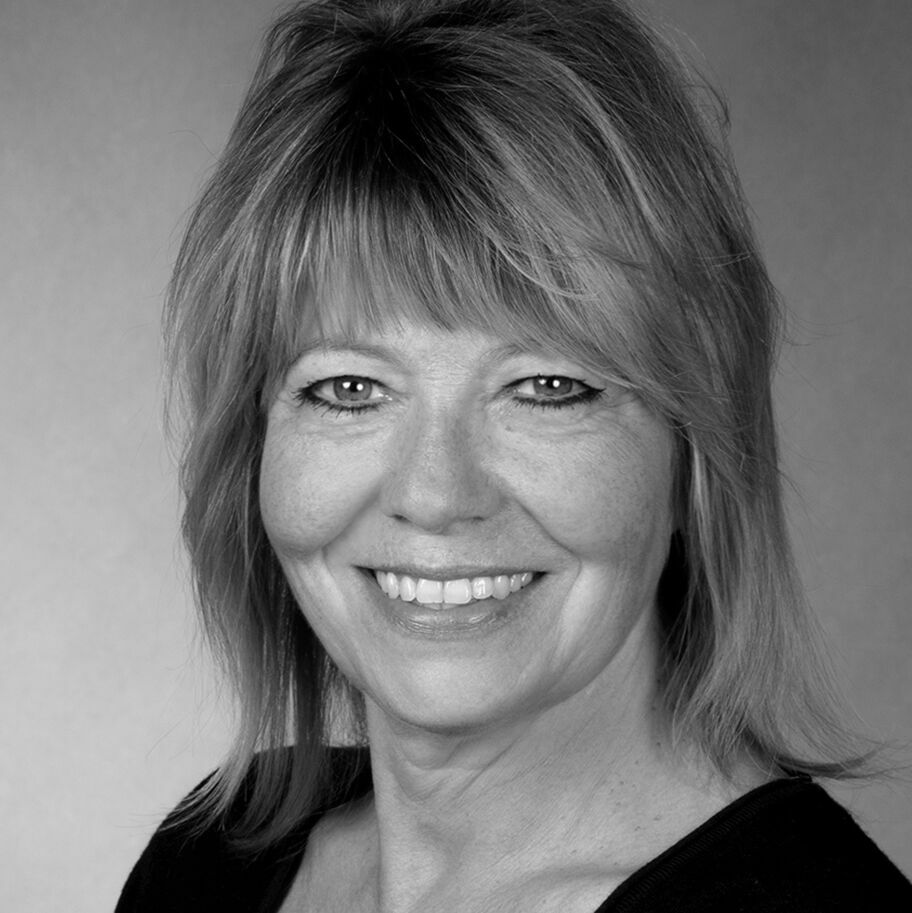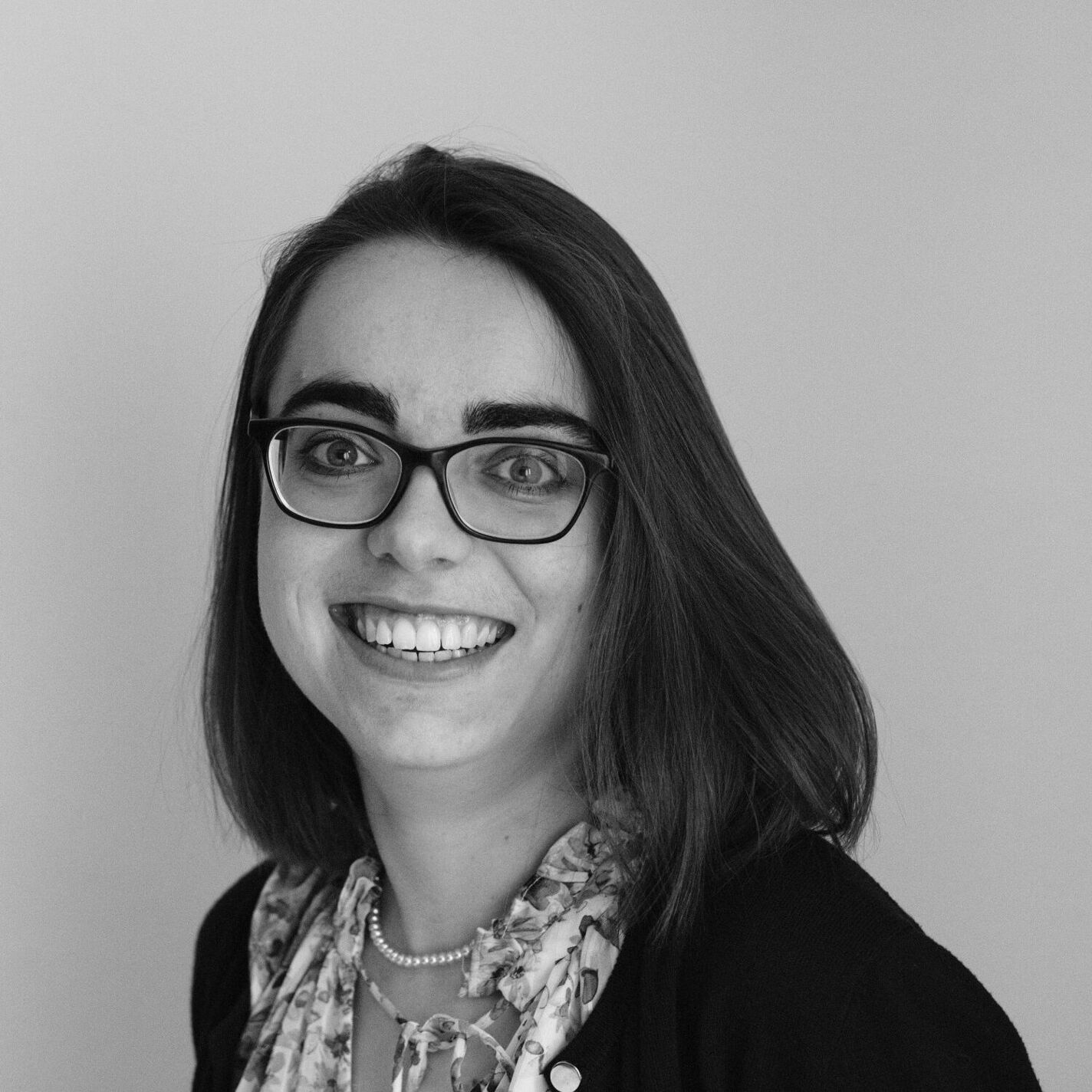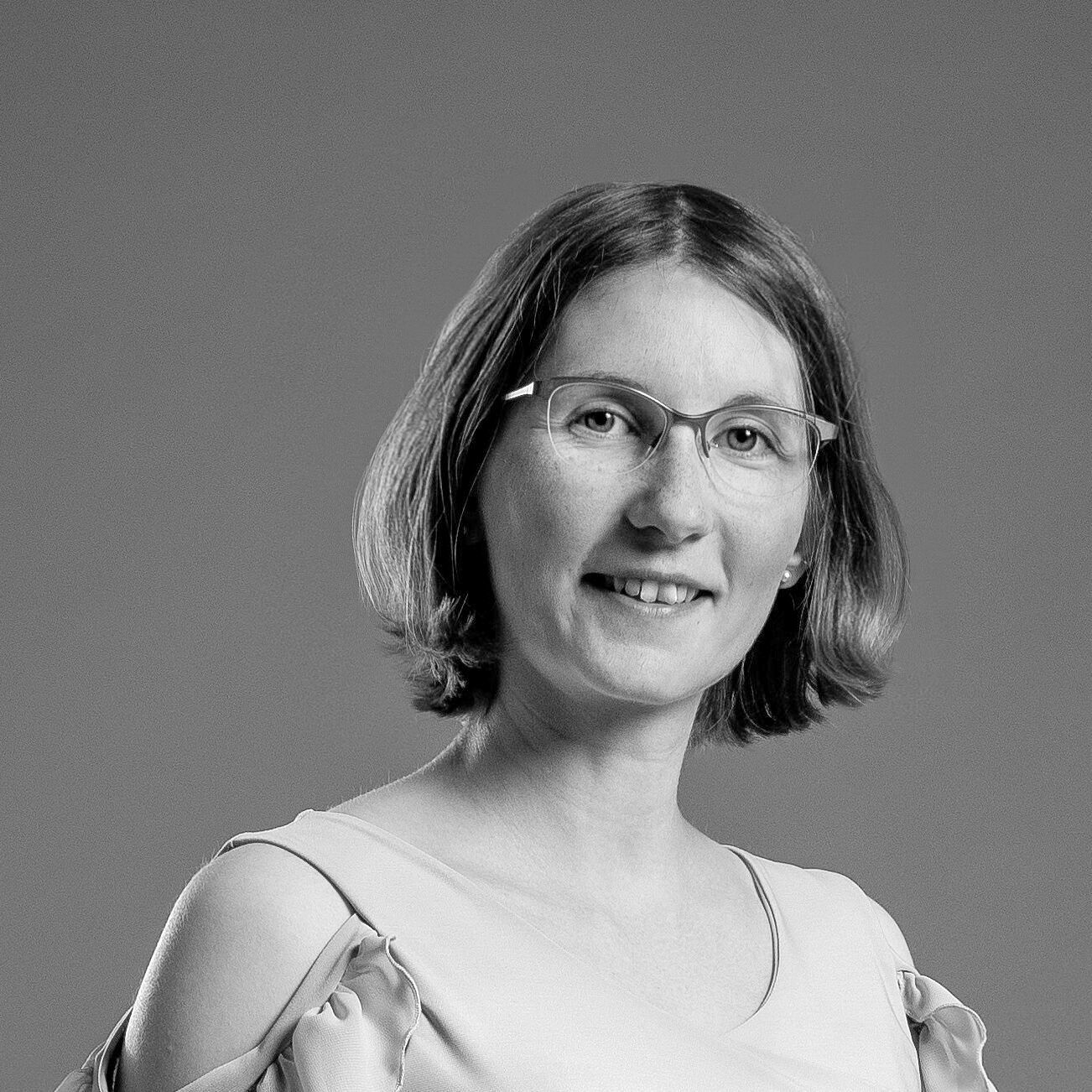Digital Archives 2024

The summer school "Digital Archives. Data Literacy and Presentation Strategies in Audiovisual Archives" is a 5-day, practice-oriented course aimed at people working in audiovisual archives as well as at everyone else who is interested in enhancing their knowledge about digital environments and processes related to digital archives.
Date: 23 - 27 September 2024 | Language: English |
Number of participants: 20 | Location: Filmuniversität Babelsberg KONRAD WOLF / Bundesarchiv Lichterfelde |
Costs: 850 EUR* | Early Bird before 30 April 2024: 800 EUR |
*Students receive a discount of 10% percent of the regular price.
In our third year we will emphasize machine-assisted processes, offering beginner classes in how to use widely adopted open source tools to support archival tasks: including metadata extraction, transcoding, data enrichment and file maintenance. In advanced classes, the participants are invited to bring their own examples from previous experiences to invite input from teachers and the group, and as an invitation to explore custom coding solutions.
The ongoing process of digitalization presents film archives with the necessity of changing their workflows, strategies, and policies and of providing their staff with additional training. In order to support people and institutions with more knowledge, we decided to establish the "Digital Archives" Summer School in collaboration with Bundesarchiv as well as with support from the International Federation of Film Archives (FIAF).
Film archives are evolving into dynamic institutions for the creation, processing, and sharing of data. We require individuals capable of blending traditional archival expertise with an understanding of data workflows, long-term preservation, cataloging, and accessibility through innovative means.
Dr. Adelheid HeftbergerHead of the FIAF Cataloguing Commission & Deputy Head of the Film Department Bundesarchiv
If you would like to be kept regularly informed about the upcoming editions of the Digital Archive Summer School, please subscribe to our newsletter.
The Summer School "Digital Archives" is organised by the Filmuniversität Babelsberg KONRAD WOLF (Filmuni Summer School) in cooperation with the Bundesarchiv and with the support of the FIAF Cataloguing & Documentation Commission. It was conceived by Dr. Adelheid Heftberger, Jürgen Keiper and Prof. Dr. Chris Wahl.







